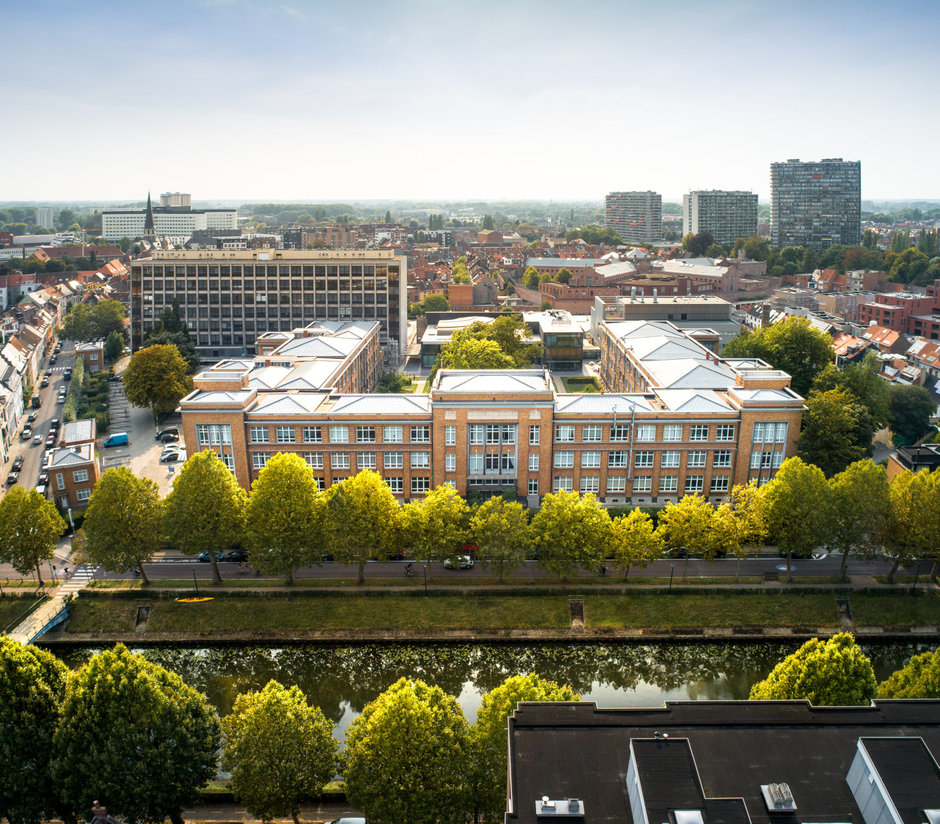HERO - IMAGE RIGHT (LIGHT)
He chose a new and a tough spear
lest the wood of the former might have been strained in the previous encounters he had sustained. Lastly, he laid aside his shield, which had received some little damage, and received another from his squires.

HERO - IMAGE RIGHT (DARK)
However incensed at his adversary
for the precautions which he recommended, Brian de Bois-Guilbert did not neglect his advice; for his honour was too nearly concerned, to permit his neglecting any means which might ensure victory over his presumptuous opponent. He changed his horse for a proved and fresh one of great strength and spirit.

HERO - WITH LINKS (LIGHT)

His first had only borne
The general device of his rider, representing two knights riding upon one horse, an emblem expressive of the original humility and poverty of the Templars, qualities which they had since exchanged for the arrogance and wealth that finally occasioned their suppression.
Bois-Guilbert’s new shield
HERO - WITH LINKS (DARK)

When the two champions stood
Opposed to each other at the two extremities of the lists, the public expectation was strained to the highest pitch. Few augured the possibility that the encounter could terminate well for the Disinherited Knight, yet his courage and gallantry secured the general good wishes of the spectators.
The trumpets had no sooner given the signal, than the champions vanished from their posts with the speed of lightning, and closed in the centre of the lists with the shock of a thunderbolt.
HERO - IMAGE TOP (LIGHT)

Pledge me in a cup of wine, Sir Templar
Said Cedric, “and fill another to the Abbot, while I look back some thirty years to tell you another tale. As Cedric the Saxon then was, his plain English tale needed no garnish from French troubadours, when it was told in the ear of beauty; and the field of Northallerton, upon the day of the Holy Standard, could tell whether the Saxon war-cry was not heard as far within the ranks of the Scottish host as the ‘cri de guerre’ of the boldest Norman baron.
HERO - IMAGE TOP (DARK)

To the memory of the brave who fought there!
Pledge me, my guests.” He drank deep, and went on with increasing warmth. “Ay, that was a day of cleaving of shields, when a hundred banners were bent forwards over the heads of the valiant, and blood flowed round like water, and death was held better than flight. A Saxon bard had called it a feast of the swords—a gathering of the eagles to the prey—the clashing of bills upon shield and helmet, the shouting of battle more joyful than the clamour of a bridal.
HERO - IMAGE WITH TEXT BOX (LIGHT)

His first had only borne
The general device of his rider, representing two knights riding upon one horse, an emblem expressive of the original humility and poverty of the Templars, qualities which they had since exchanged for the arrogance and wealth that finally occasioned their suppression.
HERO - IMAGE WITH TEXT BOX (DARK)

His first had only borne
The general device of his rider, representing two knights riding upon one horse, an emblem expressive of the original humility and poverty of the Templars, qualities which they had since exchanged for the arrogance and wealth that finally occasioned their suppression.